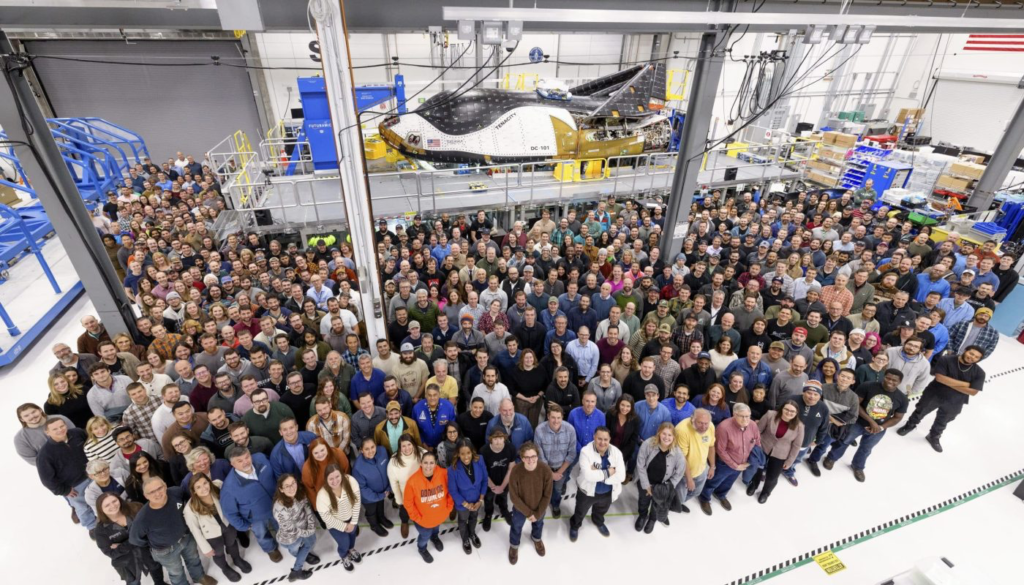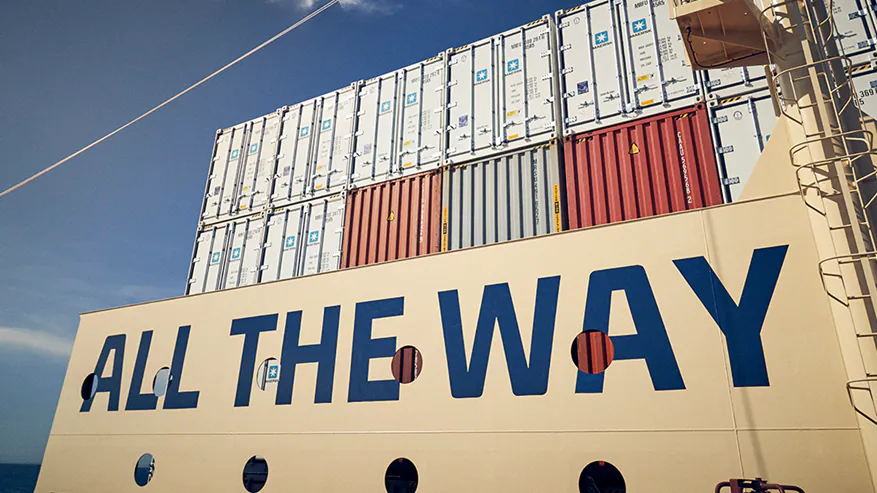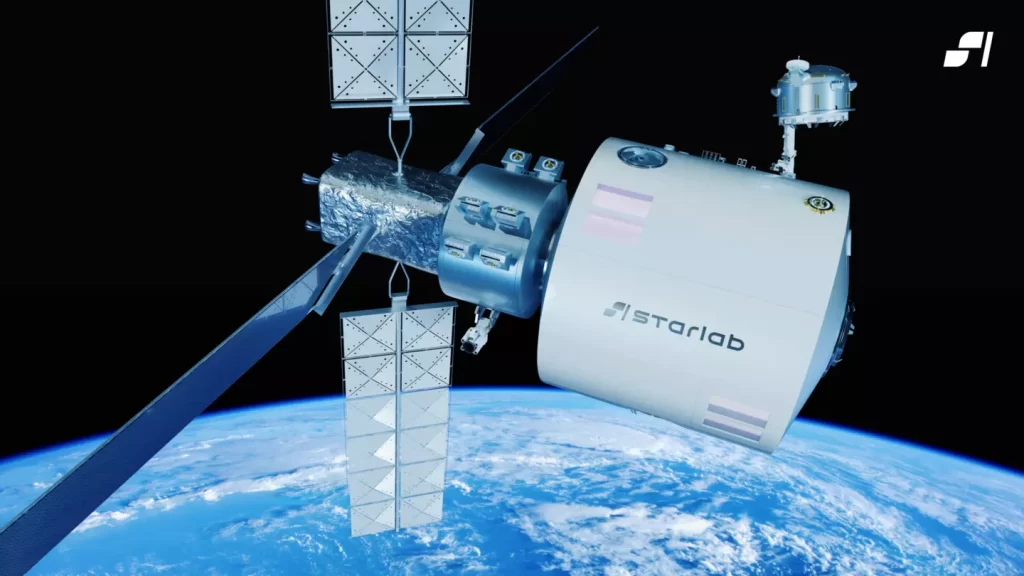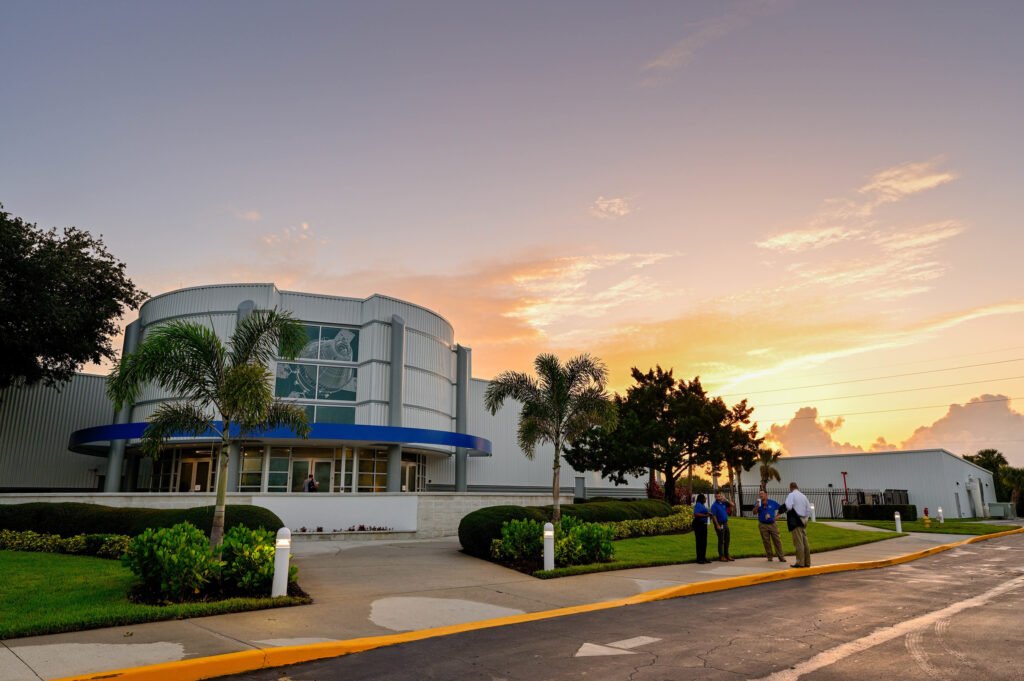Sierra Space on Built In’s 100 Best Large Places to Work in Colorado
Louisville, Colorado, January 9, 2024 – Sierra Space, a leading commercial space company building the first end-to-end business and technology platform in space to benefit life on Earth, announced today that it was honored in…



